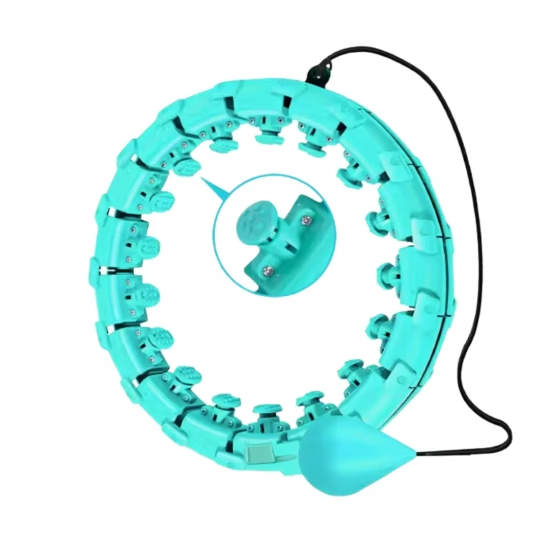Dementia and Money Obsession: Causes and Possible Solutions
Patients with dementia often develop an obsession with money. Continue reading to understand the link between dementia and money obsession.
You might be wondering, what’s the connection between dementia and money obsession?
While the exact cause is unclear, many believe that a dementia patient’s past experiences with financial struggles and the loss of control over their lives contribute to their fixation on money. However, with some gentle handling and a few helpful strategies, this behavior can be managed.
Curious to learn more? Keep reading!
Understanding Dementia
Dementia is a common condition among older adults, but it is not a normal part of aging. It is often misunderstood as a disease, but dementia is a general term for a decline in cognitive functions like memory, thinking, and reasoning.
Common symptoms include memory loss, confusion about time and place, and misplacing items.
While dementia is more prevalent among the elderly, it’s not an inevitable aspect of growing older. In advanced stages, those with dementia often become completely dependent on others.

As their cognitive abilities decline, they lose control over their daily lives, leading to additional symptoms like paranoia, delusions, and confusion.
Dementia and Money Obsession
A common behavior observed in dementia patients is an obsession with money. This behavior may manifest in various ways, and it’s important to understand the underlying reasons.
What Money Obsession Can Look Like
Dementia patients may exhibit money obsession in different ways. They may claim that their money or card has been stolen, accuse others of theft, or insist that the bank has taken their savings. Caregivers might often bear the brunt of these accusations. Additionally, dementia patients may try to sell their possessions, believing they don’t have enough money, even if this is not the case.
Other behaviors may include refusing to spend money on essentials like food, utilities, or medication, or hoarding cash, checkbooks, and cards.
Possible Causes
While the exact cause of money obsession in dementia patients is unclear, there are several speculations. One theory is that long-term financial insecurities, such as past economic hardships, are embedded in their long-term memory. Despite difficulty with short-term memory, older adults may hold onto memories of financial struggles, which can lead to heightened focus on money.
Another possible cause is the loss of control that dementia patients experience. As their cognitive functions decline, they may subconsciously believe that money can restore control over their lives. This feeling of helplessness, combined with paranoia and delusions, may lead to an overwhelming obsession with money.
What You Can Do to Help
Although managing money obsession in dementia patients can be challenging, there are several steps you can take to alleviate their distress.
Be Gentle and Empathetic
It’s crucial to approach the situation with empathy and patience. Recognize that the individual is struggling with memory loss and mental instability. Always speak calmly and reassure them by acknowledging their concerns, such as saying, “I’m sorry you can’t find the (checkbook/money), it must be upsetting.” Offer your assistance to help them feel secure and less isolated.
Use Old Checkbooks
You can keep some old checkbooks hidden away to calm the patient when they become anxious about money. Gently reassure them that they have enough money and that it is safe by showing them one of the old checkbooks.
Provide Small Bills
Many dementia patients, especially older adults, may feel more secure with cash. Handing them small bills can help them feel reassured that they have enough money. A bundle of smaller bills can provide comfort and give them a sense of security.
Show Old Bank Statements
Dementia patients often distrust banks, fearing that their money has been stolen. You can help alleviate this fear by gathering old bank statements and showing them as proof that their savings are intact.
Bottom Line on Dementia and Money Obsession
The combination of dementia and money obsession can be difficult to manage, but understanding its roots—such as long-term insecurity and the loss of control—can make it easier to handle. By following the strategies mentioned above, you can help dementia patients feel more secure and calm in their financial concerns.
If you have any further questions or need more information, feel free to ask!











